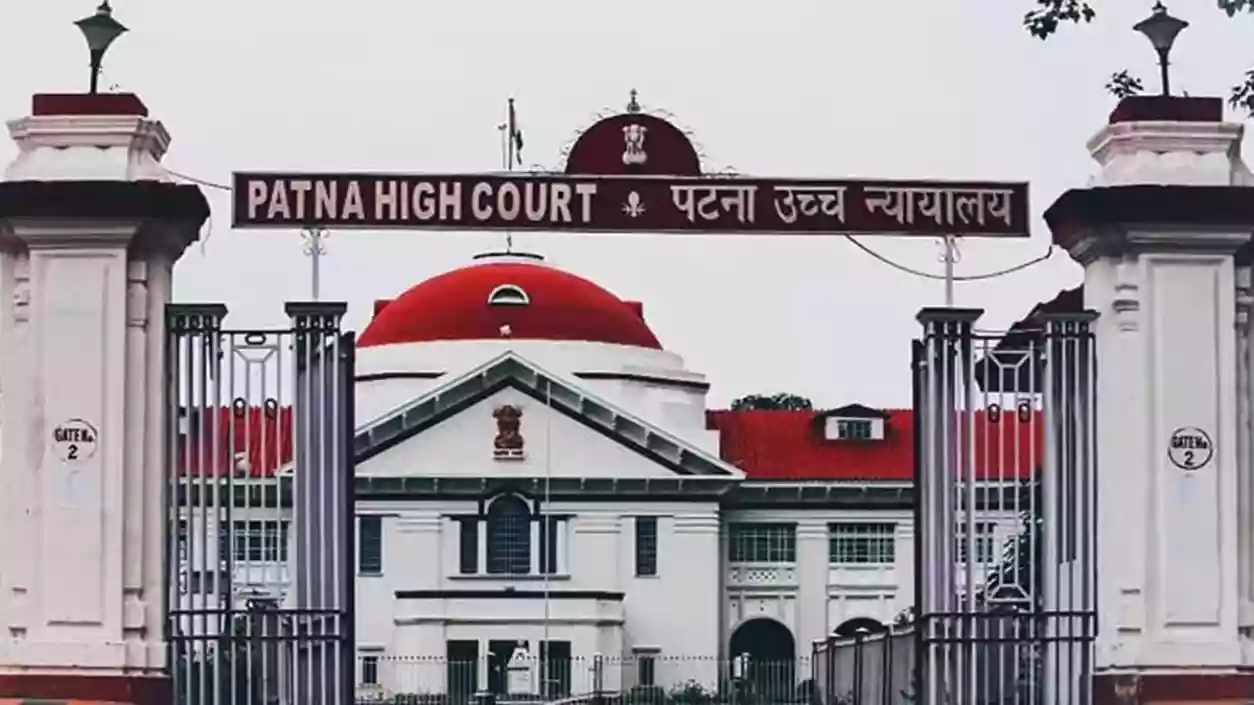Youth dies after alleged beating at South Garia drug rehab, family vandalizes centre in protest
.gif)
.gif)

The Patna High Court has quashed the suspension and demotion of Mukesh Kumar Paswan, the Station House Officer (SHO) of Patna Bypass police station, who was penalized for failing to enforce Bihar's total liquor ban. Paswan was suspended by the Director General of Police (DGP) on February 1, 2021, following a raid by the excise department that uncovered illicit foreign-made liquor worth ₹4 lakh in a godown located just 500 meters from the police station. The DGP had alleged that Paswan was negligent in carrying out his duties, especially given the proximity of the godown to the police station.
In its judgment delivered on October 29, 2024, the High Court set aside the decision to suspend and demote Paswan. The court noted that Paswan had been part of the team that conducted the raid, filed the FIR, and initiated the investigation into the illicit liquor trade. However, it found that no specific evidence had been presented to demonstrate that Paswan had been negligent in his duties. The court also criticized the decision to penalize him before the formal investigation had even begun, highlighting that such an action was premature and lacked proper consideration.
The High Court's ruling extended beyond the individual case, addressing the broader issues surrounding the Bihar Prohibition and Excise Act, 2016, which was designed to reduce alcohol consumption and improve public health. While the Act aimed to curb alcohol consumption, the court noted that it had led to the growth of an unauthorized liquor trade. Justice Purnendu Singh, who presided over the case, stated that the draconian provisions of the law had enabled corrupt officials, including those from the police, excise, transport, and state tax departments, to exploit the system for financial gain.
The judgment also highlighted a significant flaw in the enforcement of the liquor ban: the focus of law enforcement had primarily been on poor individuals who consumed or sold illicit liquor, rather than on the key players behind the illegal trade. The court pointed out that the number of cases filed against the major operators or syndicates behind the trade was disproportionately small compared to the cases against poor consumers. The court observed that the investigations into these syndicates were often weak, with many cases lacking solid evidence or legal documentation, allowing the real offenders to remain free.
The ruling underscored the systemic issues related to the implementation of the liquor ban in Bihar. Justice Singh remarked that the prohibition law, instead of curbing alcohol consumption, had created a thriving black market for liquor, with innovative methods being developed to circumvent law enforcement. These methods included the use of contraband delivery systems that law enforcement struggled to track and stop. The High Court further emphasized that, while the objective of the law was to improve public health, it had not yielded the intended results and had instead led to widespread corruption and illegal activity.
Finally, the court referred to Article 47 of the Indian Constitution, which mandates that the state should raise the standards of living and improve public health. While the Bihar government had enacted the prohibition law with these aims in mind, the court found that the law had failed to achieve its objective and had inadvertently led to the flourishing of illicit trade and corruption among government officials. As a result, the High Court ruled that Paswan’s suspension and demotion were not justified and should be overturned.